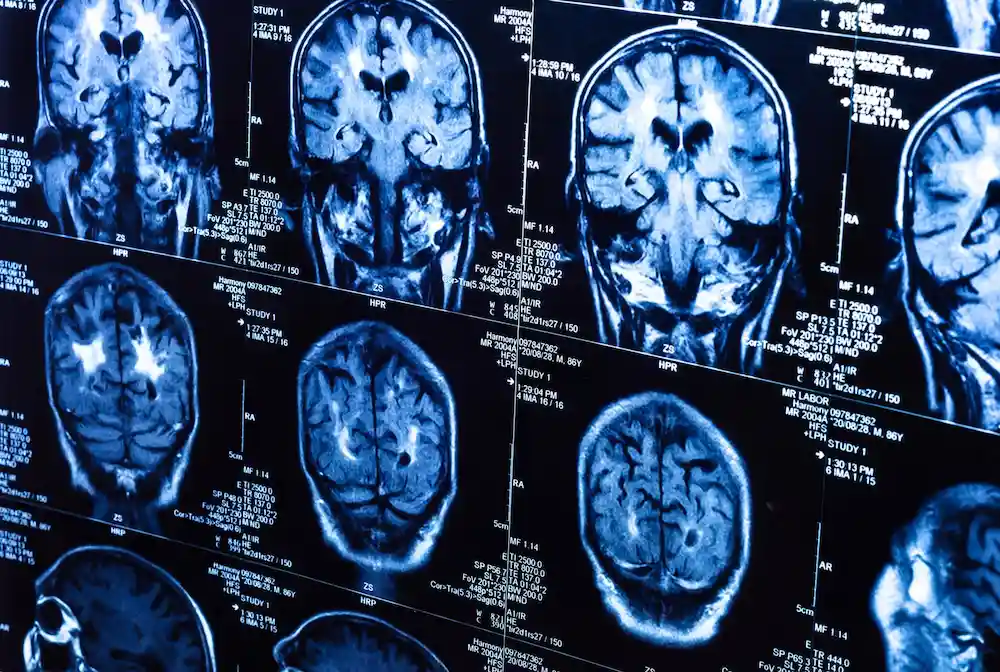Sprague Traumatic Brain Injury Lawyer
Need a Sprague traumatic brain injury accident lawyer for a traumatic brain injury?
If you or a loved one suffered a TBI in an accident involving Uber, Lyft, or another rideshare driver—whether as a passenger, pedestrian, or another motorist—you may be entitled to compensation. Rideshare accident claims involving brain injuries can be especially complex, but Etemi Law has the experience to guide you through it. We’re committed to helping TBI victims get the justice and compensation they deserve.
Call us today at (203) 409-8424 for a


Understanding Traumatic Brain Injuries (TBI)
A traumatic brain injury (TBI) occurs when a sudden jolt, blow, or impact causes the brain to move rapidly within the skull. This movement can result in chemical changes, bruising, or damage to brain tissue. Even mild trauma—known as a mild traumatic brain injury (MTBI)—can lead to lasting effects, sometimes without immediate signs such as loss of consciousness.
Common Causes of TBI
TBI can happen in many everyday situations, including:
- Rideshare Accidents – Sudden impact from Uber or Lyft collisions, especially rear-end crashes, can cause the brain to jolt violently.
- Slip and Fall Accidents – Striking the head on the ground during a fall can lead to significant brain trauma.
- Sports Injuries – Contact sports like football, boxing, and rugby are common causes of concussion and TBI.
- Motorcycle Accidents – Especially in Connecticut, where helmets aren’t required for all riders, these crashes can be devastating.
- Pedestrian Accidents – Pedestrians struck by vehicles often suffer TBIs due to direct impact.
- Product-Related Injuries – Falling merchandise or faulty safety equipment (like airbags) can cause head trauma.
- Birth Injuries – Trauma during delivery can result in infant brain injuries with lifelong consequences.
Why TBI Cases Are Complex
Brain injuries are often called “invisible injuries” because their symptoms may be subtle, delayed, or misdiagnosed. TBIs can affect memory, mood, concentration, and even personality. Because of the complexity of these cases—especially when involving multiple parties, such as in rideshare accidents—it’s critical to have a legal team that understands both the medical and legal challenges involved.
How Etemi Law Can Help
At Etemi Law, we are committed to helping victims and their families get the compensation they need for recovery and long-term care. Our experienced team will:
✅ Thoroughly investigate the cause of the brain injury
✅ Work with medical experts to document its full impact
✅ Handle negotiations with insurance companies and responsible parties
✅ Take your case to trial if necessary to fight for full compensation
Don’t Wait — Protect Your Rights
If you or a loved one has suffered a brain injury due to a rideshare crash or another type of accident, it’s crucial to act quickly. You deserve a legal team that will stand by your side and fight for the justice and financial recovery you need.
📞 Call us at (203) 680-8080
📧 Email us or fill out our Free Case Evaluation Form to schedule your free consultation today.
Sprague’s rural spine is unmistakable: farms, narrow two-lane stretches and the steady ribbon of Route 97 that threads through Baltic and Hanover. When heavy agricultural equipment shares those roads, sightlines shrink and collisions can be devastating. As an investigative observer, I focus on how geography and work patterns – long fields, slow-moving tractors, and blind crests – shape the kinds of traumatic brain injuries arriving at emergency rooms.
Common mechanisms here aren’t the highway pileups of commuter towns but agriculture-related blunt force: overturned tractors, bale-handling accidents, and collisions with farm trailers on gravel lanes. Injuries range from concussions and skull fractures to diffuse axonal injury; local crews often stabilize patients before longer ambulance transports. When specialty neurosurgical care is required, patients frequently go from Sprague to Backus Hospital and sometimes onward to tertiary centers for surgery or ICU care.
In the village of Baltic, near the crossings of county roads over the Shetucket River, low bridges and tight turns complicate evacuation and can delay medevac access in complex cases. Interfacility transfers for imaging or neurosurgery become part of the recovery timeline, and rural residents commonly face repeated trips between local emergency departments and larger hospitals for monitoring, rehabilitation planning, and family coordination.
This is not a call to fear but to clarity: transport times along Route 97, limited local rehab beds, and seasonal farm rhythms all change how brain injuries are triaged and treated in Sprague. Families benefit from careful documentation of the scene, timelines of care, imaging records, and understanding likely transfer routes so clinicians and loved ones can navigate evaluations and rehabilitation without unrealistic promises about outcomes.
